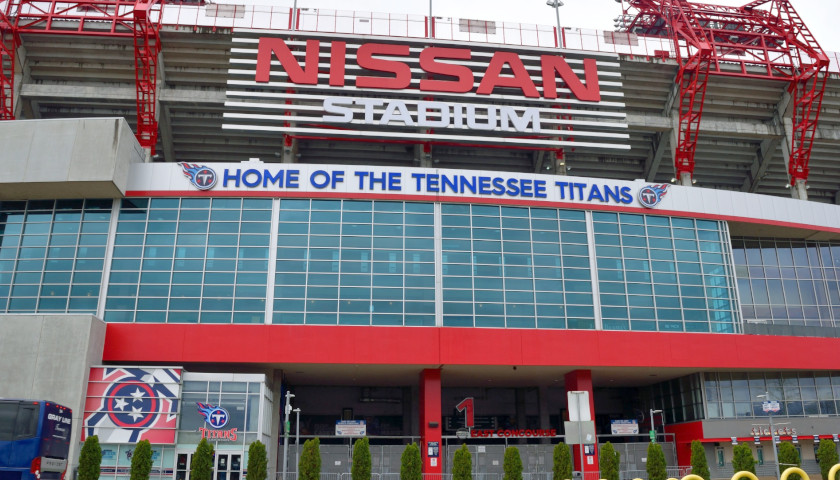by Jon Styf
A sales tax fund set to pay for Nashville revenue bonds on a proposed new $2.1 billion Tennessee Titans stadium is expected to collect $2.9 billion through 2056, according to projections from Metro Nashville.
The total does not include $500 million that the state of Tennessee has committed to the project and will bond separately.
The tax projections were posted to a question and answer document for Metro’s East Bank Stadium Committee. The tax fund includes a new 1% hotel tax in Davidson County, both state and local sales taxes from purchases at the stadium, a $3 ticket tax for all stadium events and a 50% sales tax for a potential future development on 130 acres surrounding a stadium.
The tax fund is scheduled to be used to pay off $760 million in revenue bonds from the Metro Nashville Sports Authority and then will be used toward a capital improvements fund for future work at the stadium and surrounding development.
The calculations do not include any of the taxes planned to be used for a nearby East Bank development which the mayor’s office has said will likely include tax-increment financing, allowing property taxes in the area to be taken and used toward improvements in the development.
The tax projections, however, conflict with other information in the Metro Nashville document. They include a $4.8 million projected local tax capture for in-stadium purchases in 2023 while, earlier in the document, the Metro Nashville Sports Authority is said to have budgeted $3.3 million in local sales tax collections in 2023.
For the 34 years of projections, there are expected to be $277.3 million of local Nashville in-stadium sales tax sent to the project along with $677.9 million of state in-stadium taxes. The calculations assume 3% annual growth but do not reflect any increased purchases related to more events taking place at a new stadium because those increases “have not been fully analyzed and are not presented.”
In total, the fund will collect $1.1 billion over 34 years in taxes within the stadium, ticket tax and city water/sewer funds.
The hotel tax, meanwhile, is expected to bring in $19 million in 2023, rising 2% annually to reach $36.5 million in 2056 for a total of $912.6 million over the span. A new non-Titans $3 ticket tax is projected to raise $1.8 million annually starting in 2027.
A new 50% sales tax on the 130-acre development, meanwhile, is projected to collect $806.9 million in taxes over the 34-year span, starting in 2026, when a new stadium is projected to open.
Documents accompanying the tax projections claimed that the projections meant Nashville would have the capacity to fund just $368 million in renovations under the current tax structure or $519 million if the city took out 30-year bonds.
“It is not a ‘key point’ that funding could fall short of what renovations might cost,” wrote economist J.C. Bradbury, who presented on the economics of stadiums at a stadium committee meeting in mid-November. “Tax funding is fungible, and it’s being paid mostly by locals. If Nashville owes this, the funds are going to pay for it no matter which tax bucket they use. The ‘consultant’s review’ is a farce.”
– – –
Jon Styf is an award-winning editor and reporter who has worked in Illinois, Texas, Wisconsin, Florida and Michigan in local newsrooms over the past 20 years, working for Shaw Media, Hearst and several other companies. Styf is a reporter for The Center Square.








